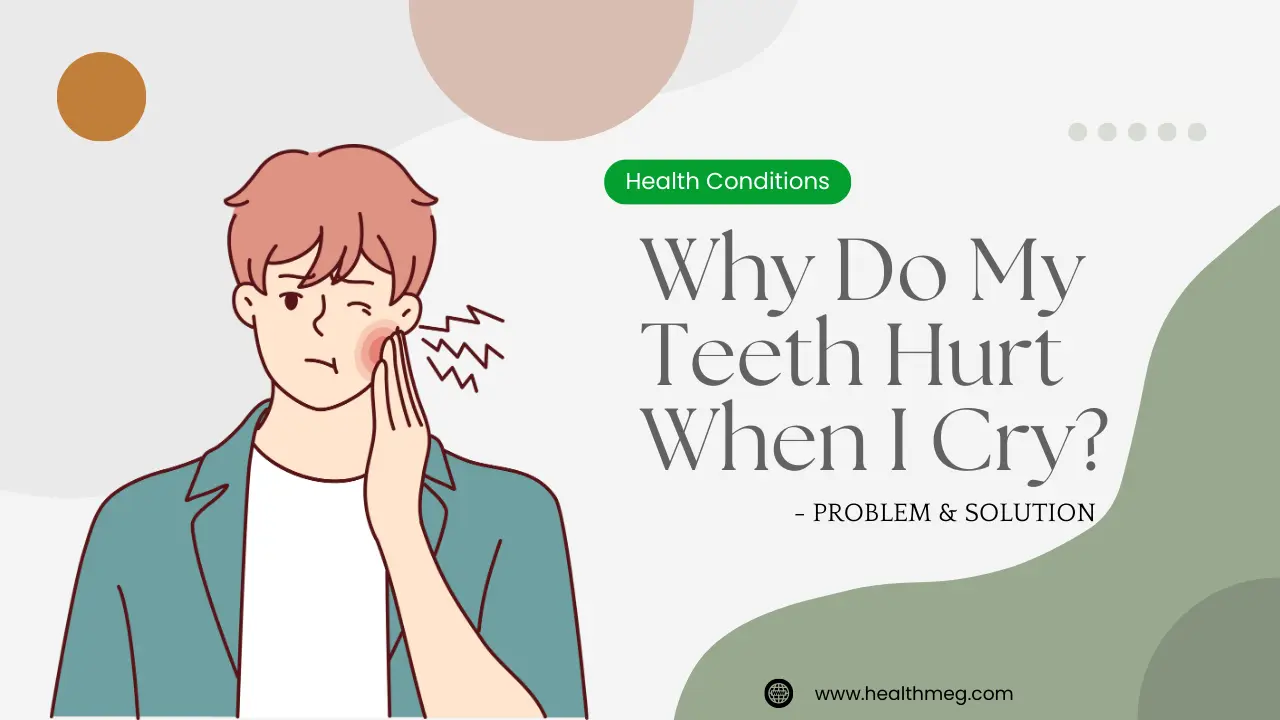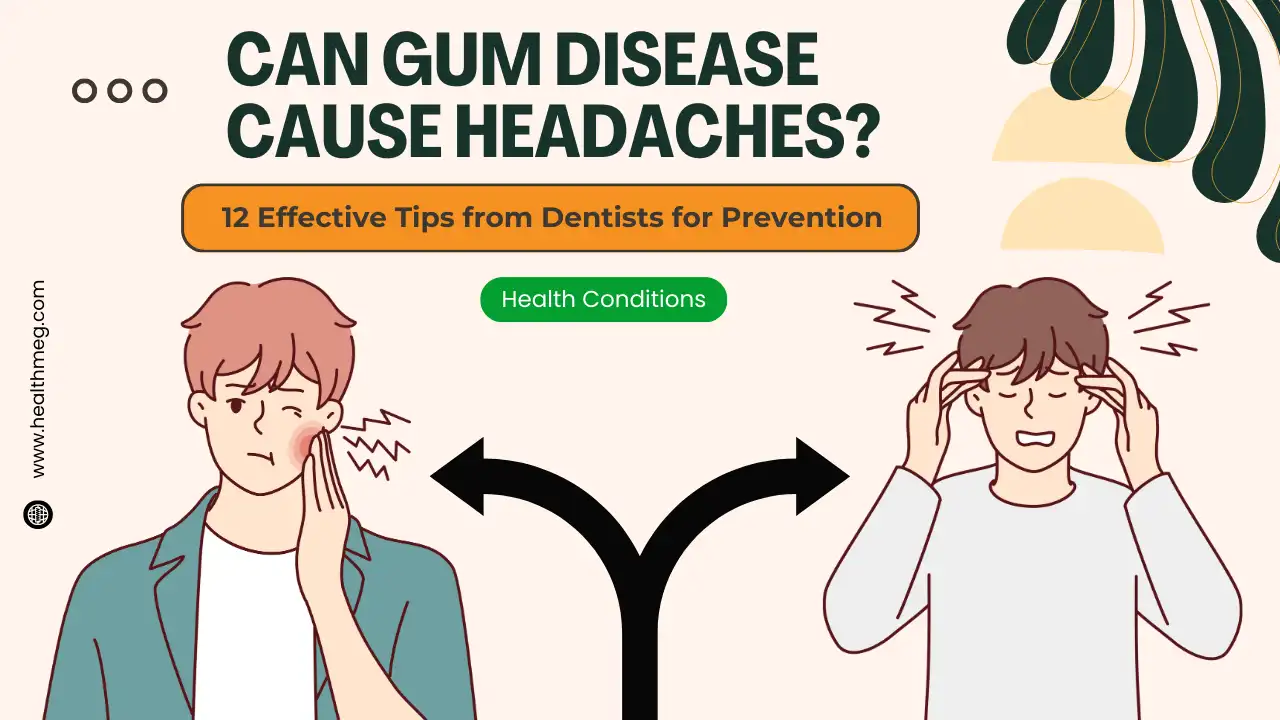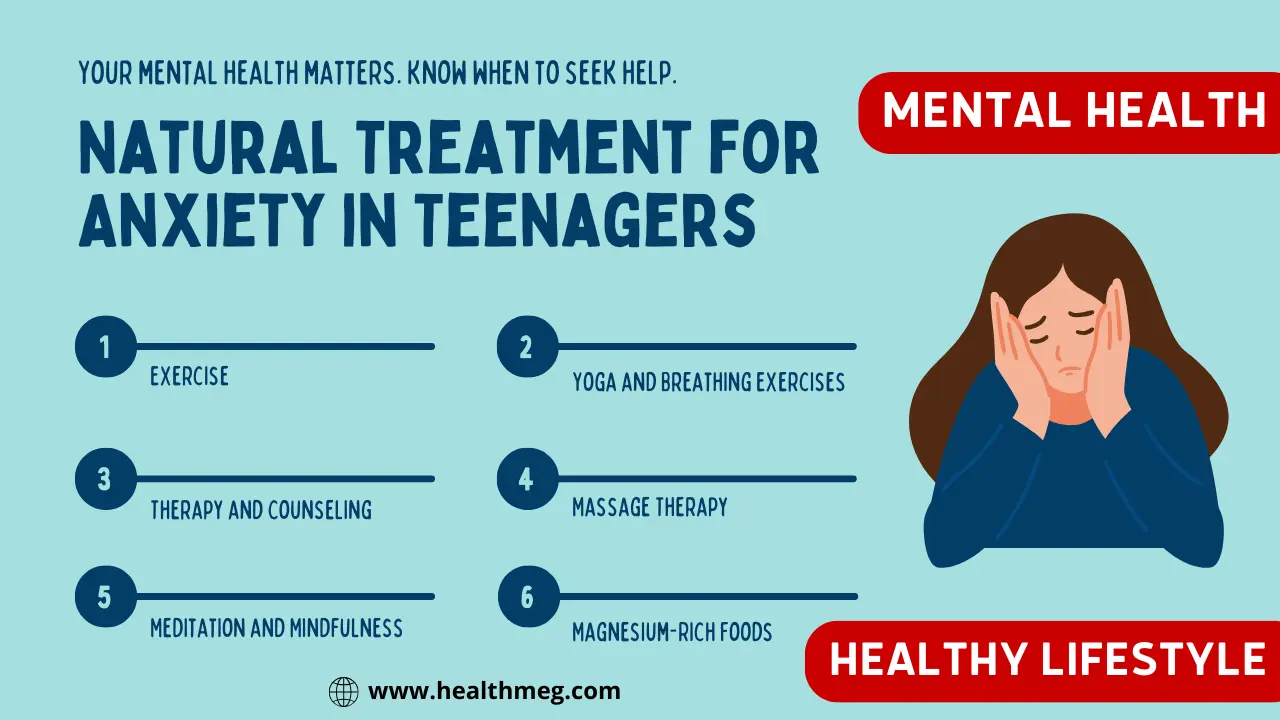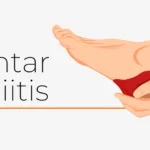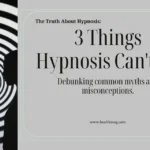Introduction
Whether it’s tears of joy, sadness, anger, or any other emotion, you want the freedom to express yourself through crying without discomfort. But if you’re someone who experiences tooth pain when you cry, it can make these cathartic moments agonizing.
Why should our pearly whites punish us during emotional releases? What causes this crying and dental distress connection? And how can you stop your teeth from raining on your cry parade?
Crying is a normal emotional response, but you may have noticed that it sometimes causes tooth pain. This common problem can seem strange, but there are a few reasons why your teeth may hurt when you cry. By understanding the causes, you can find solutions to prevent crying-related dental pain.
This common but complex phenomenon has biological, chemical, and physical origins. The good news is with the right solutions, you can feel free to open the floodgates without putting your dentition in distress. Read on to finally understand why your mouth hurts when you weep, and what you can do to cry freely and pain-free.
So let’s find out “Why Do My Teeth Hurt When I Cry?” in this comprehensive guide.
Do read the People Also Ask (FAQs) about this topic.
Key Takeaways
| Reasons for Crying Tooth Pain | Prevention Tips | When to See a Dentist |
|---|---|---|
| Pressure changes | Manage facial pressure | Unbearable constant pain |
| Chemical irritation | Rinse with baking soda | Facial swelling |
| Temperature sensitivity | Prevent temperature shocks | Chipped or broken teeth |
| Dental issues like decay | Treat underlying issues | Breathing difficulties |
| Only affects vulnerable teeth | Desensitize nerves | Extreme swelling |
| Upper front teeth most prone | Maintain good dental hygiene | Bleeding gums |
| Intense and extended crying | Use preventive products | Knocked-out tooth |
| Illness and weather factors | Get routine dental care | Numbness or drooping |
| Hormonal fluctuations | Address problems early | Can’t open mouth |
What Causes Tooth Pain When Crying? (Why Do My Teeth Hurt When I Cry?)
There are a couple key reasons why your teeth may hurt when you shed tears:
1. Pressure Changes
Crying causes increased blood flow to the head and sinuses. This extra fluid puts pressure on the nerves inside the teeth.
The tissues around the teeth also swell slightly when you cry. This inflammation and pressure activates the nerves, causing tooth pain or sensitivity. Grinding or clenching while upset can add even more pressure.
2. Chemical Changes
Tears contain extra fluids and salts compared to other body fluids. When these come in contact with your teeth, the chemical composition can irritate nerves.
Crying also reduces saliva flow in your mouth. Saliva helps neutralize acids and wash away irritants. With less saliva, teeth are more prone to pain from substances in tears.
3. Temperature Changes
Some people have temperature-sensitive teeth. The coolness of tears evaporating off teeth can trigger twinges of dental pain in these cases.
Rapid breathing when sobbing also exposes teeth to blasts of air. The temperature shifts from breath on cry-flushed teeth may bother sensitive nerves.
Why Do Only Some People Experience This?
Tooth discomfort from crying doesn’t happen to everyone. Certain dental health factors make this problem more likely:
- Tooth decay – Cavities expose inner tooth structures to irritation.
- Gum recession – Receding gums lead to root exposure and sensitivity.
- Cracked teeth – Fractures allow seepage into the inner pulp.
- Dental work – Fillings, crowns, and seals can weaken protective enamel.
- Bruxism – Chronic teeth grinding wears down outer layers.
- Enamel defects – Weak, thin, or missing enamel offers less protection.
- Age – Years of wear reduce enamel thickness and resilience.
The condition of your mouth tissues affects how easily crying can cause tooth pain. Healthy, robust enamel resists irritation. But once that outer shield becomes compromised, the insides of teeth have less defence against external factors.
When Does Crying Usually Cause Tooth Pain?
Tooth discomfort from crying typically occurs with:
- Intense sobbing – The more extreme the crying, the higher the chances of hitting thresholds for dental irritation.
- Prolonged sessions – Long cry sessions expose teeth repeatedly to sustaining irritating factors.
- Certain dental issues – Compromised teeth, receding gums, cracked enamel, and other vulnerabilities increase risk.
- Cold weather – The temperature differential between cold air and tears can bother sensitive teeth.
- Allergies and illnesses – Congestion and facial pressure from colds or allergies make nerves more sensitive.
- Hormonal shifts – Changes around puberty, menstruation, pregnancy, and menopause can heighten sensitivity.
- Stress – Chronic stress and anxiety may lower pain thresholds, making issues like crying-related discomfort more noticeable.
While mild teariness may not trigger problems, a full-blown, lengthy cryfest is more likely to result in tooth troubles for susceptible people. Ongoing dental vulnerabilities also make the problem more predictable.
Why Do Only Certain Teeth Hurt?
You may notice crying affects specific teeth more than others. Typically, the upper front six teeth are most prone to crying pain. There are a few reasons for this pattern:
- Saliva access – Less saliva reaches the upper front teeth, so they have less chemical protection.
- Air exposure – The top front teeth protrude and have direct air exposure for fast temperature shifts.
- Wear and tear – Incisors do a lot of the biting and chewing, so they endure more enamel wear.
- Smile lines – Gum recession from thin upper lip tissue and smile lines expose sensitive roots.
These factors give the upper incisors and canines more vulnerability. The lower teeth stay better protected by the tongue and salivary glands. Back teeth also have more insulation from surrounding gum tissues.
When is Crying Tooth Pain an Emergency?
Usual crying toothaches are harmless, if annoying. But in some cases, the pain indicates an urgent dental condition requiring prompt treatment:
- Unbearable pain – Toothaches constant and severe enough to prevent sleep or cause missed work/school need evaluation.
- Facial swelling – major swelling of gums, cheeks, or face with crying pain could mean infection.
- Chipped or broken teeth – Jagged edges cutting gums during crying present a hazard.
- Difficulty breathing – Facial swelling and narrowing airways constitute a medical crisis.
See a dentist right away if crying results in any of these extreme pain or swelling reactions. For more moderate but persistent crying tooth pain, make an appointment for assessment within a few days.
How to Stop Toothaches When Crying
If your teeth hurt every time you cry, there are solutions to manage the problem or treat the cause:
Relieve Facial Pressure
- Apply warm compresses to swollen sinuses and cheeks to improve drainage.
- Take antihistamines and decongestants to reduce mucus buildup from colds and allergies.
- Avoid tooth grinding by training yourself not to clench your jaws when upset.
- Get Botox injections to relax masseter muscles and reduce grind forces.
Boost Chemical Protection
- Chew gum or suck on hard candies to increase saliva flow.
- Rinse your mouth with baking soda and water to neutralize acids after crying.
- Apply toothpaste or dental sealants to form a protective barrier.
Prevent Temperature Shock
- Breathe through your nose instead of your mouth while crying.
- Cover your mouth with a scarf or hand when sobbing in cold air.
Treat Underlying Dental Issues
- Have exams to detect signs of decay, cracks, gum recession, or weak spots.
- Get cavities filled and cracked teeth restored to prevent crying irritation.
- Consider sealants, caps, or crowns if enamel is thin and translucent.
- Whiten teeth to reduce temperature sensitivity from dentinal tubule exposure.
Desensitize Nerves
- Use prescription-strength fluoride treatments to insulate exposed roots.
- Apply desensitizing toothpaste daily to block pain signalling.
- Have a dentist seal off the root canals of extremely sensitive teeth.
With the right tactics, you can reduce or eliminate crying-related tooth troubles. See your dentist to identify vulnerabilities and rule out serious conditions. Implement protective measures before and after crying episodes. And get any necessary dental work to shield sensitive areas and strengthen your tooth defences.
Expert Opinions
While personal experiences provide valuable insights into crying and tooth pain, expert perspectives lend credibility and authority to this topic. Here is what dentists and researchers say about the causes and treatment of this issue:
According to Dr. Ada, “The pressure and swelling from crying can inflame nerves inside teeth leading to sensitivity. Clenching from stress can add even more pressure.” She recommends using warm compresses and over-the-counter pain relief to manage discomfort.
Dr Mark explains, “The changes in oral chemistry from tears can irritate sensitive teeth and gums. Crying reduces protective saliva flow allowing acids to burn nerves.” He advises rinsing with baking soda water after crying episodes.
Susan Clark states, “We have found the upper front teeth are most prone to crying pain due to less saliva exposure and more wear over time. Fortunately, sealants and desensitizing treatments can help shield these vulnerable areas.”
Dr. Frank Hernandez, “If crying is resulting in severe or persistent tooth pain, it’s important to see a dentist for an exam. There may be an underlying issue like a cracked tooth or dental infection that needs treatment.”
Addressing Misconceptions
When it comes to crying and dental discomfort, there are some common misconceptions. Here are the facts behind some tooth pain myths related to shedding tears:
Myth: Crying can’t hurt your teeth.
Fact: While not everyone experiences it, the scientific evidence clearly shows how changes in pressure, temperature, and chemistry when crying intensely can activate nerve pain signals.
Myth: The pain means there is a serious problem with the teeth.
Fact: In most cases, crying tooth discomfort results from temporary irritation due to dental sensitivities. The pain fades once the crying stops without indicating any permanent issue.
Myth: Crying toothaches only affects people with bad oral hygiene.
Fact: Even people with healthy teeth and excellent hygiene can feel crying-related dental pain if they have areas of sensitivity from genetics, wear and tear, or prior dental work.
Myth: The treatment is to avoid crying when you’re upset.
Fact: Crying is a normal emotional release, and suppressing it can be unhealthy. The solution is addressing vulnerabilities through good dental habits, desensitizing products, and protective restorations.
Myth: There’s no way to prevent crying tooth pain.
Fact: While not completely avoidable, you can reduce risk by keeping teeth strong through proper brushing, fluoride, dental checkups, prompt treatment, and wearing mouthguards if you grind.
When to See a Dentist About Crying Toothaches
Make an appointment if crying toothaches:
- This happens frequently with most crying sessions
- Affect multiple teeth
- Cause severe, lingering pain
- Don’t resolve with over-the-counter analgesics
- Indicated dental defects like cavities or cracked enamel
- Are accompanied by facial swelling
Dentists have tools to identify the cause and treat issues like:
- Dental decay or Tooth Decay
- Damaged fillings/seals
- Exposed roots and openings
- Gum infection or gum recession or gum disease
- Cracks, chips, and fractures
- TMJ dysfunction
- Salivary gland problems
Don’t assume crying-related toothaches are normal. See a professional to assess your mouth health and remedy any vulnerabilities causing recurring pain with tears.
Crying Toothache Prevention Tips
You can help minimize aching teeth from crying with good daily dental habits:
- Brush carefully twice a day with a soft-bristle brush.
- Floss at least once daily to clean between teeth.
- Get regular dental cleanings every 6 months.
- Use fluoride toothpaste and mouthwash.
- Limit acidic and sugary foods and drinks.
- Stay hydrated to promote saliva flow.
- Wear a night guard if you grind your teeth.
- Have any new sensitivity or pain evaluated promptly?
Keep your mouth tissues healthy, and treat minor problems early before they become major annoyances like crying toothaches. Protect and restore enamel before it gets so thin that nerves have no cushion against irritation.
When to Seek Emergency Dental Care
See a dentist right away if crying results in:
- Bleeding that won’t stop
- Extreme throbbing pain keeping you awake
- Red, swollen gums or face
- Bulging of the gums
- Sudden chipped or broken teeth
- A tooth getting knocked out
- Numbing, tingling, or drooping facial muscles
- Difficulty swallowing, breathing, or opening your mouth
These signs could indicate a dental emergency needing urgent attention to prevent lasting damage. Severe infections, fractures, and nerve injuries won’t get better on their own. Don’t delay treatment.
Conclusion
It’s common for people to experience tooth sensitivity or pain when they cry intensely. Factors like pressure, temperature, and chemical changes can activate nerves in susceptible teeth. Focus on prevention by maintaining healthy dental habits and catching problems early. See your dentist promptly if crying bothers your mouth regularly or causes extreme discomfort. With the right self-care and professional treatment, you can stop crying from hurting your pearly whites.
Crying can be therapeutic and healthy when it happens on your terms. Don’t let random toothaches deter you from the emotional clarity and renewal that come from shedding tears. While crying-related dental discomfort is nuanced, knowledge is power when it comes to protecting your pearly whites.
Now that you understand why your teeth hurt when you sob, you have the solutions to safeguard your smile. With preventative habits, prompt treatment, and the other tips provided here, you can cry knowing it will cleanse your soul, not torment your teeth.
The next time your emotions build up to the point of needing release through tears, remember − your dentist has your back. You can let the cleansing waters flow, knowing there are simple ways to prevent your mouth from raining on your parade.
People Also Ask (FAQs)
Here are some frequently asked questions about crying and tooth pain with answers:
Q) How do you make teeth stop hurting after crying?
A) To make teeth stop hurting after crying, rinse your mouth with baking soda water to neutralize acids, use a warm compress to reduce swelling, take over-the-counter pain medicine, and avoid temperature shocks. See a dentist if the pain persists.
Q) Can sadness make your teeth hurt?
A) Yes, sadness and crying can make teeth hurt. The pressure, temperature changes, and chemical shifts of tears can irritate sensitive nerves in teeth, especially the upper front ones. Underlying dental issues also make pain more likely.
Q) Can emotional stress cause tooth pain?
A) Yes, emotional stress can cause tooth pain. Clenching and grinding due to anxiety puts pressure on teeth. Stress also makes gums more sensitive and vulnerable to irritation from crying. Managing stress can help reduce dental pain triggers.
Q) What emotions cause tooth pain?
A) The most common emotions that can cause tooth pain are sadness, anxiety, and anger. Crying from emotions like sadness directly irritates teeth. Stress from anxiety and anger can lead to clenching/grinding. Intense grief, fear, and frustration are other culprits.
Q) Is it OK to cry at the dentist?
A) It is okay to cry at the dentist if you feel emotional pain or anxiety during dental treatments. Let your dentist know you may need more anaesthesia or breaks if crying is causing discomfort. A caring dentist will support you.
Q) Can crying too much hurt your jaw?
A) Yes, crying too much or too hard can hurt your jaw. The muscles can tense up and spasm from powerful sobbing. Clenching when upset can also strain the temporomandibular joint. See a dentist if jaw pain persists after crying.
Q) Can a dentist tell if you’re depressed?
A) Dentists may be able to spot signs of depression like poor hygiene, mouth ulcers, dental damage from clenching, or lack of smiling. However, a dentist cannot diagnose depression. They can refer you to a doctor for evaluation if concerned.
Q) What emotions affect teeth?
A) Emotions that commonly affect teeth include sadness, anxiety, anger, grief, fear, stress, and frustration. Crying, clenching, grinding, and poor hygiene from these emotions can impact dental health and cause tooth sensitivity.
Q) What emotions are connected to teeth?
A) Teeth are connected emotionally to sadness, anger, anxiety, fear, stress, and other feelings through crying irritation, clenching/grinding, and effects on dental self-care. Happier emotions like joy rarely affect teeth.
Q) How do you get rid of annoying tooth pain?
A) For annoying tooth pain, try rinsing with warm salt water. Use dental pain relief like OTC numbing gels. See a dentist to address any underlying cause of sensitivity or dental work needed to permanently stop the pain.
Q) What relieves teeth pain?
A) Relieving tooth pain often requires a combination of dental treatment, OTC numbing medication, cold/warm compresses, dental guard use, and avoiding pain triggers. Severe pain may need prescription medication or dental procedures for relief.
